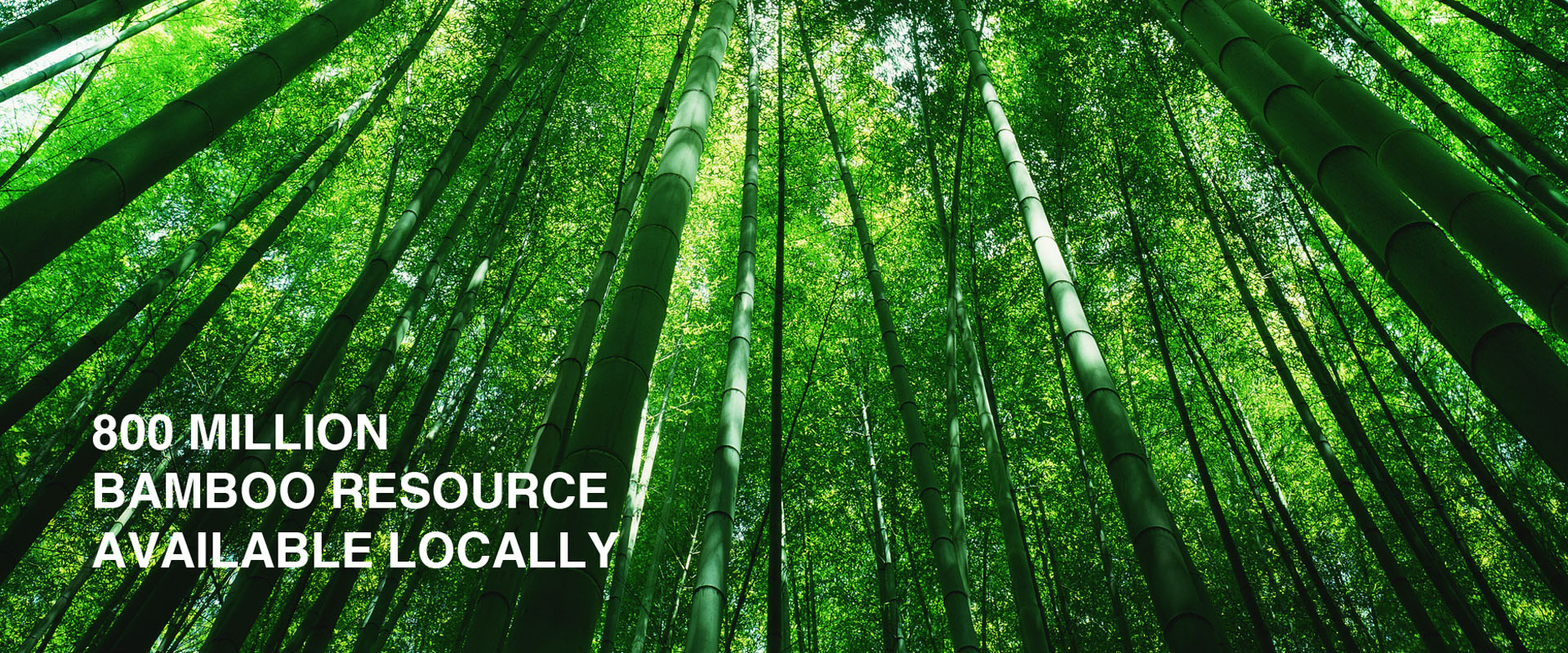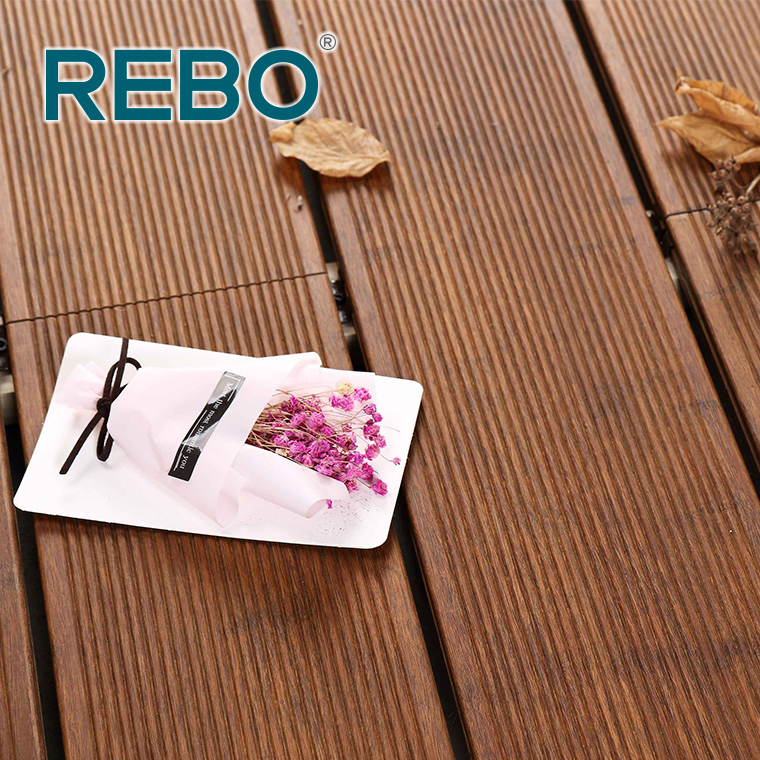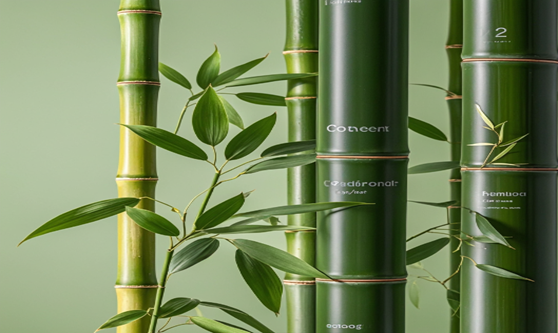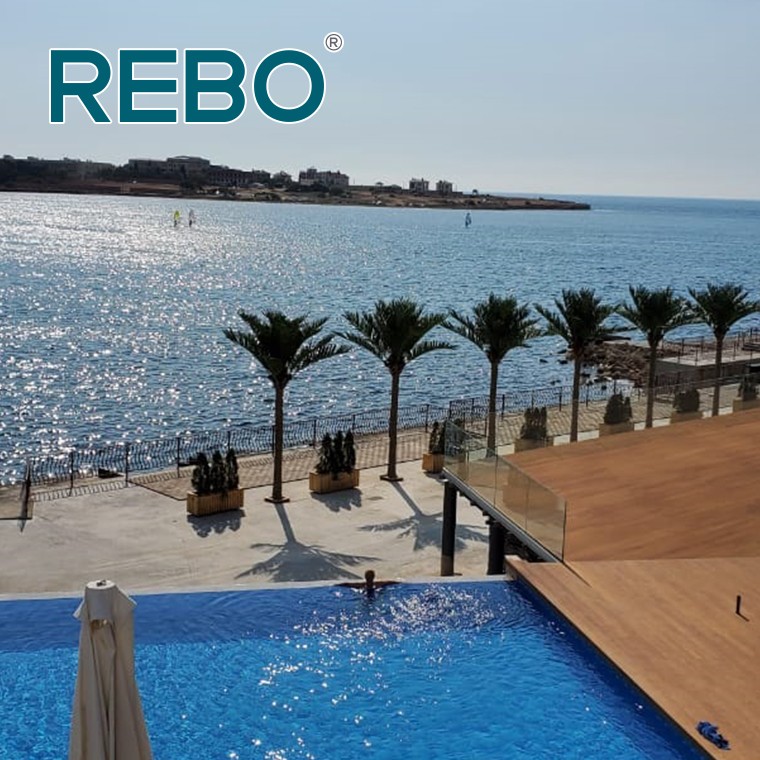Strand Woven Bamboo Decking: The Green Choice for Environmental Protection
In the present era, where the pursuit of sustainable development and environmental conservation is of paramount importance, the selection of building and decoration materials holds significant implications for the future of our planet. Strand woven bamboo decking has emerged as a novel decking material, making substantial contributions to environmental protection with its distinctive advantages.
The raw material of strand woven bamboo decking - bamboo - is inherently a sustainable resource bestowed upon us by nature. Bamboo is one of the fastest-growing plants in the world. Compared to traditional trees, bamboo can reach maturity for harvest within a relatively short period. Generally, some bamboo species can mature and be ready for use within just a few years, whereas trees might take several decades or even centuries. This rapid growth cycle implies that we can obtain bamboo resources more frequently without disrupting the ecological balance.

Take China, for instance, which is rich in bamboo resources, boasting numerous bamboo species and extensive bamboo forests. The rational development and utilization of these bamboo resources not only provide support for local economic development but also reduce reliance on imported wood and alleviate the environmental pressure caused by excessive deforestation.
From the perspective of the production process, strand woven bamboo decking is relatively more environmentally friendly. Compared to the production of traditional wood flooring, the manufacturing of strand woven bamboo decking typically requires less energy and fewer chemical treatments. Additionally, the generation of waste during the processing is relatively lower. Moreover, many manufacturers of strand woven bamboo decking adopt advanced technologies and equipment to enhance energy efficiency and reduce pollutant emissions.

In terms of energy consumption, the production of strand woven bamboo decking demands significantly less energy than that of solid wood flooring. This is because the processing of bamboo is relatively straightforward and does not require complex drying and treatment processes like wood. Simultaneously, due to the high density of bamboo, a smaller quantity of raw materials is needed for the same area of strand woven bamboo decking, further reducing energy consumption.
Strand woven bamboo decking also plays an active role in reducing deforestation. With the increasing global demand for wood, forest resources are under immense pressure. Massive deforestation leads to a series of environmental issues such as biodiversity loss, soil erosion, and climate change. The widespread application of strand woven bamboo decking can, to a certain extent, substitute solid wood flooring, thereby reducing reliance on forests and protecting precious forest ecosystems.
Furthermore, strand woven bamboo decking possesses excellent carbon sequestration capabilities. Bamboo absorbs a considerable amount of carbon dioxide during its growth and retains it within the plant. When bamboo is processed into strand woven bamboo decking, this stored carbon remains, contributing to the mitigation of the rate of global climate change.

In terms of service life and recyclability, strand woven bamboo decking also performs exceptionally well. Due to the tight fiber structure of bamboo, strand woven bamboo decking is highly wear-resistant and corrosion-resistant, ensuring a longer service life. Even if replacement is necessary after many years of use, strand woven bamboo decking can be relatively easily recycled and reused, further minimizing the environmental impact.
From the consumer's perspective, choosing strand woven bamboo decking is not only a gesture of support for environmental protection but also creates a healthier living environment for oneself. strand woven bamboo decking has excellent capabilities in regulating indoor humidity and temperature, providing a more comfortable living experience.

In conclusion, strand woven bamboo decking, with its fast-renewable raw material, environmentally friendly production process, role in reducing deforestation, carbon sequestration capacity, and good service life and recyclability, has emerged as a shining star in the field of environmental protection. In the future building and decoration market, it is believed that strand woven bamboo decking will play an even more significant role, guiding us towards a greener and more sustainable future.
